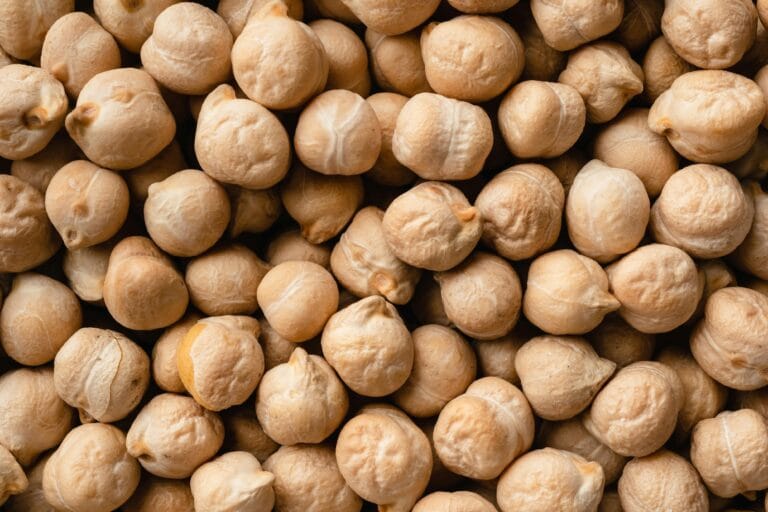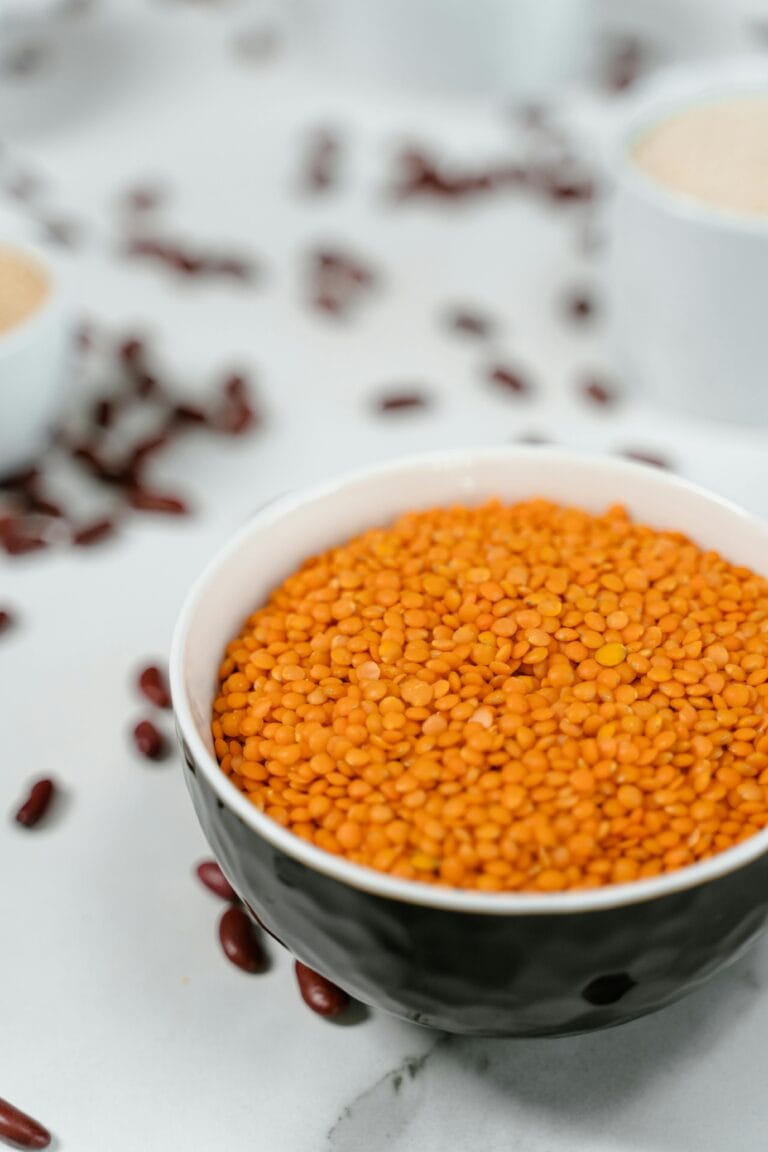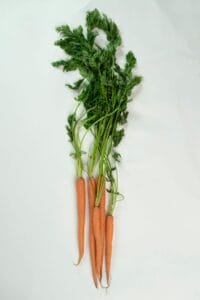Introduction to Beets: Nutritional Powerhouses
Beets, known scientifically as Beta vulgaris, are vibrant root vegetables that have gained popularity due to their numerous health benefits. These nutritional powerhouses are not only delicious but also rich in essential vitamins and minerals, making them a superfood worthy of incorporation into various dishes. They are particularly high in folate, manganese, potassium, and vitamin C, all of which play vital roles in maintaining overall health.
The presence of folate in beets is especially noteworthy as this B-vitamin is crucial for DNA synthesis and repair, making it a key nutrient for cell division and overall growth. Manganese, another mineral found in abundance in these roots, supports bone health and contributes to metabolic processes. Additionally, potassium helps regulate blood pressure and supports heart health, while vitamin C acts as a powerful antioxidant, aiding in immune function and skin health.
Moreover, beets are celebrated for their unique antioxidant properties, primarily attributed to compounds called betalains. These vibrant pigments not only give beets their characteristic color but also help fight oxidative stress in the body, potentially reducing inflammation and promoting cardiovascular health. Incorporating beet juice into your diet or adding a salad with beets can enhance the antioxidant intake, making palatable and health-conscious choices.
Due to their versatile nature, beets can easily fit into various meal plans. Whether roasted, juiced, or shredded in a salad with beets, they offer a myriad of culinary options that suit different tastes and preferences. Understanding the nutritional profile of beets can empower individuals to take advantage of their health benefits, promoting a balanced and nourishing diet.
Health Benefits of Beets: More Than Just Color
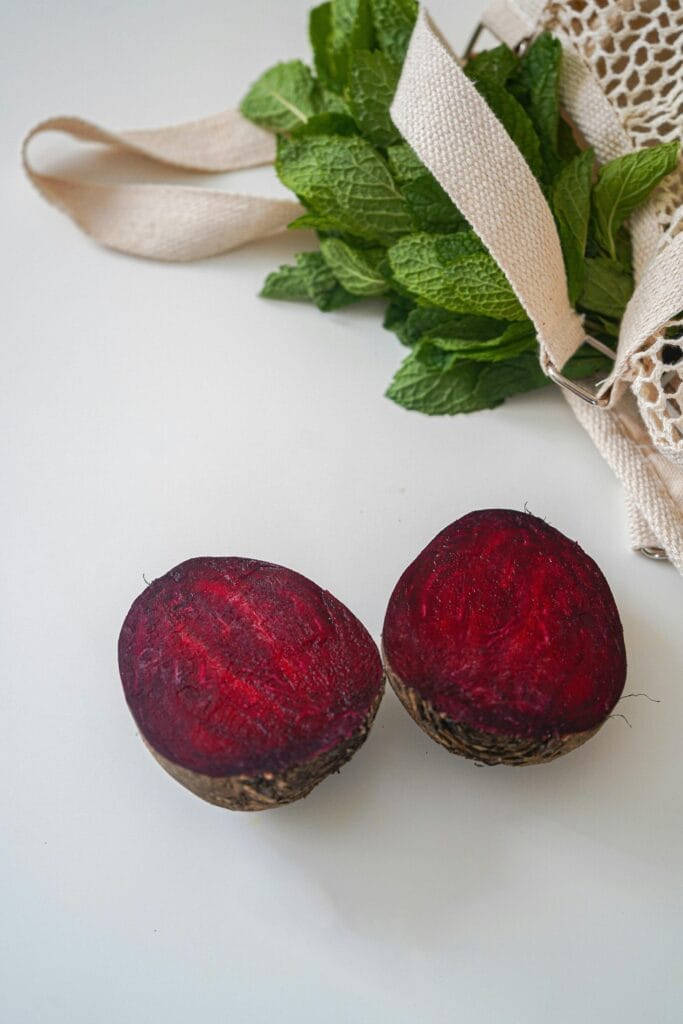
Beets, known for their deep crimson hue, are more than just a visually appealing addition to salads or smoothies; they are packed with numerous health benefits that contribute significantly to overall wellness. One of the most notable advantages of consuming beets is their high nitrate content. When ingested, nitrates convert into nitric oxide, which helps dilate blood vessels, improving circulation and potentially enhancing heart health. Regular consumption of beet juice may lead to lowered blood pressure, as evidenced by various studies highlighting this vegetable’s cardiovascular benefits.
In addition to promoting heart health, beets possess anti-inflammatory properties. The pigments in beets, betalains, can aid in reducing inflammation in the body, which can ward off chronic diseases. This aspect of beets makes them an excellent choice for individuals looking to maintain a balanced and healthy diet.
Another area where beets excel is digestion. They are a rich source of dietary fiber, which plays a crucial role in maintaining optimal digestive health. Incorporating salads with beets into one’s diet can help regulate bowel movements and promote gut health, which is vital for overall vitality.
Furthermore, emerging research suggests that consuming beets may enhance athletic performance. The nitrates in beets can improve stamina by increasing exercise endurance and lowering oxygen consumption during physical activity. This quality makes beet juice a popular pre-workout drink among athletes seeking a natural edge.
Lastly, the consumption of beets has been linked to improved brain health. Owing to their ability to increase blood flow to the brain, beets may help enhance cognitive function and protect against neurodegenerative diseases. In conclusion, the myriad benefits of beets make them an exceptional addition to any diet, promoting heart health, aiding digestion, and potentially boosting overall brain function.
Creative Ways to Use Beets in Culinary Applications
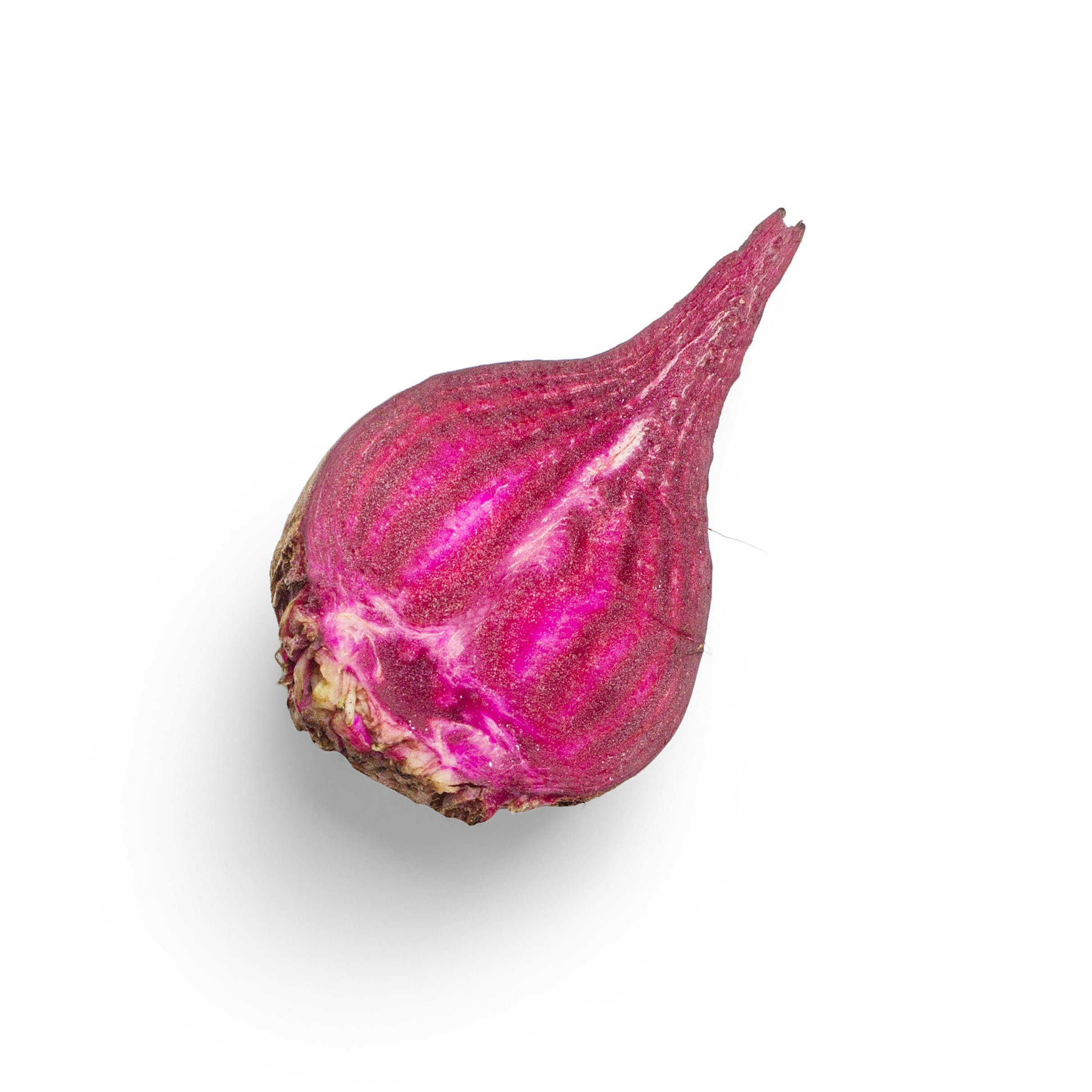
Beets are a versatile vegetable that can elevate a range of dishes, making them not only more colorful but also nutritionally enhanced. One innovative way to utilize beets is through roasting. Roasting beets intensifies their natural sweetness while providing a tender texture. Simply wrap beets in foil and roast them at 400°F until they are fork-tender. This method is ideal for combining beets with other root vegetables such as carrots and parsnips, creating a hearty side dish.
Another technique to consider is boiling, which yields a softer beet perfect for purees. Once boiled, beets can be mashed or blended for use in soups or sauces, offering a rich, earthy flavor. This beet puree can serve as a vibrant base for dishes, adding both color and nutrients. Additionally, raw beets can be grated and added to salads, providing a crunchy texture that complements greens such as spinach and arugula.
Pickling beets is yet another method that enriches their flavor profile, introducing a tangy twist that pairs well with cheeses like goat cheese. These pickled beets can be added to salads, offering a refreshing contrast to rich components. Moreover, juicing beets is gaining popularity, as beet juice is not only refreshing but also recognized for its health benefits. Incorporating beet juice into smoothies or cocktails provides a unique flavor dimension, enhancing both nutrition and taste.
Incorporating beets into your meals can be done creatively and healthily. Be it through roasting, boiling, pickling, or juicing, each method allows beets to shine alongside other vegetables, resulting in vibrant salads, side dishes, and main courses. Experimenting with these techniques will undoubtedly inspire new culinary creations in your kitchen.
Combining Beets with Other Vegetables for Maximum Benefits
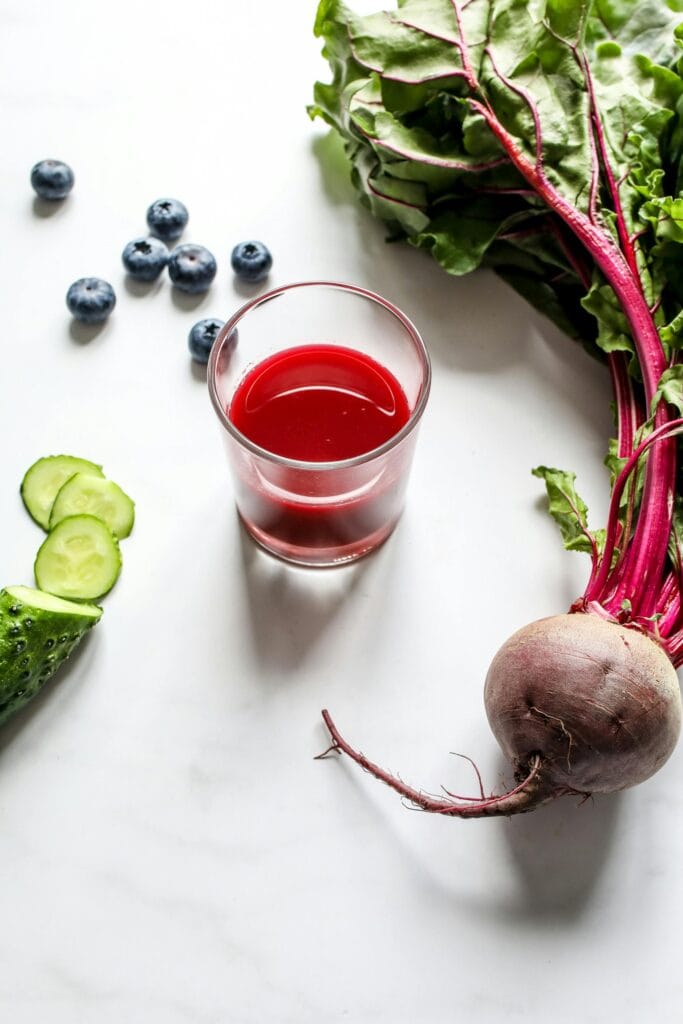
Incorporating beets into meals not only enhances flavor and aesthetics but also amplifies health benefits when combined with other vegetables. Beets are rich in essential nutrients such as fiber, folate, and manganese, which can be further enhanced through synergetic combinations with vegetables high in vitamin C, magnesium, and other vitamins. One notable pairing is beets and bell peppers. The vitamin C in bell peppers aids in the absorption of non-heme iron found in beets, thereby contributing to improved iron levels in the body. This is particularly beneficial for individuals who may be susceptible to iron-deficiency anemia.
Moreover, creating a salad with beets and other colorful vegetables, such as spinach or kale, provides a wealth of vitamins and antioxidants. The dark greens complement the vibrant beets, not only in taste but also in nutrient variety. Spinach, for instance, is a great source of magnesium, which helps in the metabolic processes of energy production alongside the naturally occurring nitrates in beets. This combination could be beneficial for anyone looking to enhance their athletic performance or daily energy levels.
Additionally, root vegetables like carrots and sweet potatoes can be paired with beets to create a hearty and nutrient-dense dish. Roasting these vegetables together maintains their flavors and provides a visually appealing dish full of antioxidants and anti-inflammatory properties. A medley of roasted beets, sweet potatoes, and carrots can serve as an excellent side dish or a base for a main meal, delivering a comprehensive nutrient profile to support overall health.
Ultimately, embracing the versatility of beets by combining them with other vegetables allows for creative culinary opportunities while maximizing the benefits of beets. Experimenting with diverse vegetable combinations not only enriches the diet but also promotes overall well-being.



